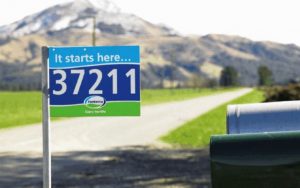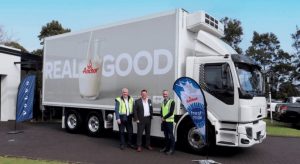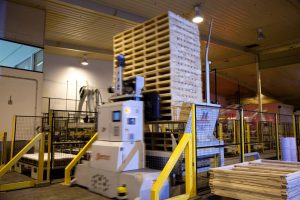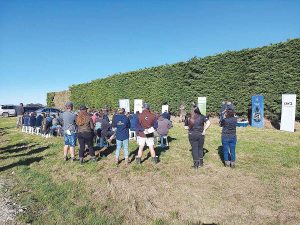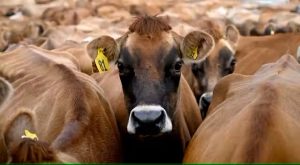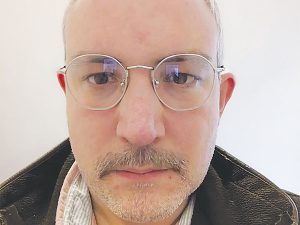
LifeKeepers is an internationally proven, community-led programme funded by the Ministry of Health, which melds an ‘‘evidence-based approach’’ with local knowledge, and Doocey believes the stigma of not reaching out needs to be discarded.
A LifeKeepers training course will be held in Rangiora on February 1, though the country’s shift into the red setting of the Covid-19 traffic light system means the event will go ahead with limited numbers.
Doocey serves as the National Party’s mental health spokesperson and was approached by Canterbury healthcare consultancy Pegasus Health around the initiative, one of several national programmes established to tackle New Zealand’s suicide numbers.
“Part of my work in parliament is to break down the barriers,” he said.
Doocey is a member of a cross-party mental health group, alongside Labour MP Louisa Wall, the Green Party’s Chloe Swarbrick and ACT MP Brooke van Velden.
The group commissioned the Zero Suicide Aotearoa report, released in 2020, which argued for a “comprehensive, multi-sectoral approach that involved central government agencies, local communities and whānau”.

“What that means is suicide prevention for dairy farmers is going to be a lot different than what the approach is about suicide prevention for young people,” Doocey said.
“What we need for people who are working on the ground is to equip themselves with the skills and then translate them into those local communities.”
Pegasus Health suicide prevention coordinator Elle Cradwick said the training, which she described as one of the best initiatives in the country, would offer practical tools to have important conversations.
“The training is certainly designed for everyday people, weaving in everyday experiences,” she said.
Doocey said he was determined to help break down “some of the stigma”.
“My assumption is a lot of people may see training like this and think, ‘I’m not sure if I want to be involved in that’.”
Another mental health initiative, Mates in Construction, which targets mental health in the building industry, was scheduled to host an event earlier this week in Christchurch, but it was postponed due to the change to red.
Doocey said the construction sector had the highest suicide rate of any industry in the country.
Canterbury police officer Don Munro said it was also not a widely discussed subject among agricultural-based districts, such as the Waimakariri.
“It’s an issue with all age groups,” he said.
“It’s because we don’t talk about it, or discuss it with the run-of-the-mill, staunch farmer because they don’t want to be seen as being weak, or to be seen to have an issue.
“There is a stigma attached to traditional Kiwi-New Zealanders, you have to get in there and have those conversations and acknowledge it’s OK to be not OK.”
WHERE TO GET HELP:
1737, Need to talk? Free call or text 1737 any time for support from a trained counsellor
Lifeline – 0800 543 354 or (09) 5222 999 within Auckland
Youthline – 0800 376 633, free text 234 or email talk@youthline.co.nz or online chat
Samaritans – 0800 726 666
Suicide Crisis Helpline – 0508 828 865 (0508 TAUTOKO)
What’s Up – 0800 942 8787 (for 5–18-year-olds). Phone counselling is available Monday to Friday, midday–11pm and weekends, 3pm–11pm. Online chat is available 7pm–10pm daily.
Kidsline – 0800 54 37 54 (0800 kidsline) for young people up to 18 years of age. Open 24/7.
thelowdown.co.nz – or email team@thelowdown.co.nz or free text 5626
Anxiety New Zealand – 0800 ANXIETY (0800 269 4389)
Rural Support Trust – 0800 787 254 (0800 RURAL HELP)
Supporting Families in Mental Illness – 0800 732 825




